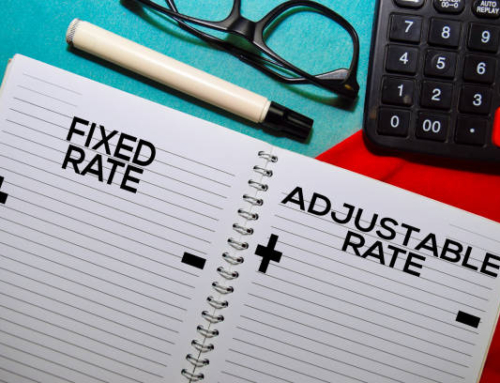When it comes to finding a place to live, the decision to rent or buy is one of the most significant choices you’ll face. Both renting and buying a home have their own set of advantages and drawbacks. The right choice depends on your circumstances, financial situation, and long-term goals.
In this post, we’ll explore the pros and cons of renting vs. buying, and help you decide which option might be better for you.
Financial Considerations of Both Options
One of the most critical factors in deciding between renting and buying is the financial aspect. Renting typically requires less upfront money. You might only need to cover a security deposit and the first month’s rent. This makes renting more accessible for those who might not have a large amount saved up.
However, while renting offers lower upfront costs, buying a home can be a good long-term investment. When you buy a house, you build equity over time, which can be a financial asset. Homeownership also comes with tax benefits like mortgage interest deductions, which can help reduce your taxable income.
On the flip side, owning a home involves ongoing costs such as property taxes, maintenance, and repairs. These costs can add up over time and might outweigh the financial benefits of owning. It’s also worth considering that the value of your home can fluctuate with the market, which can affect your investment.
Lifestyle Flexibility
Renting offers a level of flexibility that buying simply can’t match. If your job requires you to move frequently, or if you’re someone who enjoys changing scenery, renting might be the better option. Leases are usually short-term, allowing you to relocate with minimal hassle.
In contrast, buying a home ties you to a specific location. Selling a house can be a lengthy and complicated process, not to mention the potential financial loss if the market is down. However, owning a home gives you the freedom to make the space truly your own. You can renovate, decorate, and modify your home without needing permission from a landlord.
Pros and Cons of Renting
Pros of Renting:
– Lower upfront costs: Renting typically requires only a security deposit and the first month’s rent.
– Flexibility: Easier to relocate, with shorter lease terms.
– No maintenance responsibilities: The landlord is usually responsible for repairs and upkeep.
Cons of Renting:
– No equity building: Monthly rent payments don’t contribute to ownership.
– Limited control: You may have restrictions on modifications and personalization.
– Rent increases: Your rent could go up each year, making it less predictable.
Pros and Cons of Buying
Pros of Buying:
– Equity building: Your mortgage payments contribute to ownership.
– Stability: Fixed mortgage rates mean consistent monthly payments.
– Freedom to modify: You can renovate and personalize your home as you wish.
Cons of Buying:
– Higher upfront costs: Buying a home requires a down payment, closing costs, and other fees.
– Responsibility for maintenance: Homeowners are responsible for all repairs and upkeep.
– Less flexibility: Selling a home can be a time-consuming process.
Deciding What’s Best for You
Ultimately, the decision to rent or buy depends on your financial situation, lifestyle, and long-term goals. If you value flexibility and lower upfront costs, renting might be the way to go. On the other hand, if you’re looking to invest in your future and have the financial stability to manage ongoing costs, buying could be the better choice.
Consider your priorities: Are you ready to settle down in one place, or do you prefer the freedom to move? Do you have the financial means to cover the upfront and ongoing costs of homeownership, or is renting more aligned with your current budget?
Final Thoughts
Renting and buying both come with their own set of benefits and challenges. By weighing the pros and cons of each option, you can make a decision that best suits your needs and goals. Whichever path you choose, make sure it aligns with your financial situation and lifestyle preferences.
If you have any thoughts or questions, feel free to leave a comment below. We’d love to hear your perspective!




Leave A Comment